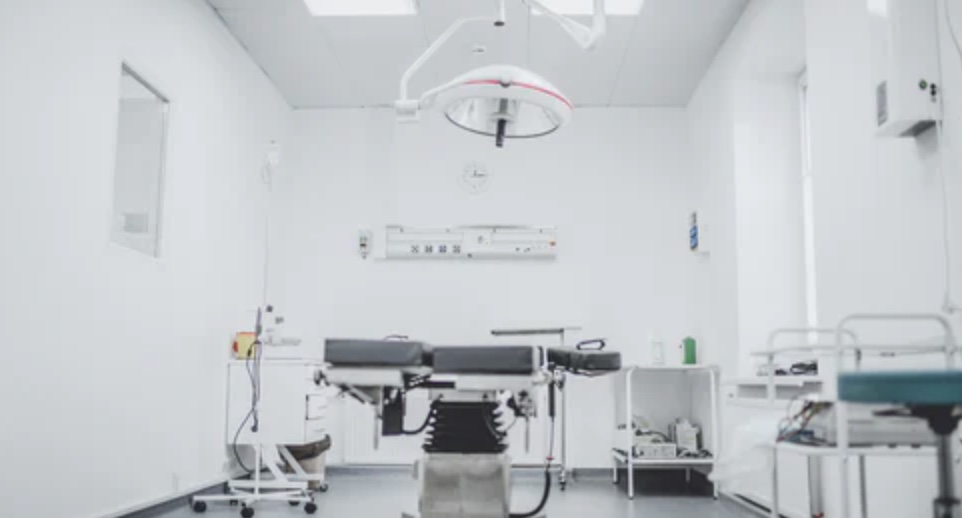In the operating room, there are several items on display. These items are there to make sure that the patient has the best care possible. But not all the things in the operation are pretty necessary, as some are rarely even used for most operations.
Some items, though, can’t be missed in the operating room regardless of the procedure. Below, you can find the four necessary and crucial things that you will always find in an operating room.
Also, it’s not like the others on this list are unnecessary in the operating room.
Contents
1. Surgical Table and Accompaniments
You can’t have an operating room without a surgical table. It is the most prominent item that needs to exist in an operating room. The table allows the team to perform their work quite effectively and confidently – some items accompany it.
Different surgeries require different items to accompany the table; for example, orthopedic surgeries won’t have the same items as neurological surgeries. There are, of course, other general items like a drip tray that holds the operating equipment.
There’s also a need for a Mayo stand to help keep the additional equipment close by.
2. Anesthesia Screens
There need to be anesthesia screens regardless of the kind of procedure that is going to happen. Some patients will need sedation and still be kept conscious, this one needs more screens. When there are screens, the patient is likely to be calmer than when only seeing the equipment.
The other thing about anesthesia screens is that they can help with infection control. It isn’t assured, though, but it will go a long way if the screens are available in the operating room. Most germs that can cause infections can be kept at bay by these screens.
3. Patient Transfer Devices
Some patients may need to be transferred, and if there is no proper equipment, it can be a bit of a hustle. This is especially the case when a patient is wounded and in pain; there needs to be proper transfer devices. Surgical stretchers are the ones that are majorly used here.
These stretchers should ensure the patient remains comfortable as they get operated on. Also, they should be the kind that allows the surgeon to have easy access to the patient. And when the patient needs to be moved again, their equipment should make it easy.
4. Equipment Covers
One of the sensitive things in the operating room is the equipment used for the surgical procedures. If they are infected, they will spread the infection to the patient. That’s why it is crucial to have the right covering equipment for this equipment.
These covering equipment need to be sterilized so that no bacteria can be passed on to the equipment. Most operating rooms use sterile plastic covers for the equipment to not pass on an infection. The plastic will also have an elastic operation, which can be adjusted to fit the equipment size.
Why Operating Rooms Need this Equipment

Regardless of the type of operation that will take place in the operating room, there need to be several pieces of equipment. While most of them are never used for most procedures, some are pretty crucial. And they are essential for many reasons;
- Stabilize the patient – all patients in the operating room need to be stable if the procedure is done safely.
- Make it easy for the surgeon to perform surgeries – as skillful or talented as the surgeon may be; they still need the right equipment to better the chances of the surgery.
- Monitor the patient – in the operating room; some monitors help keep track of the patient’s vitals. These are crucial as any danger can be easily detected and averted thanks to them.
As much as there needs to be all this equipment to keep the patient safe, the team is the most crucial part. These are the people who will use this equipment and work on the patient. If they aren’t up to the task, all these are useless in the operating room.
There are some necessary items that you can’t miss in an operating room. Above are four essential items that can be expected in any operating room regardless of the procedure.
